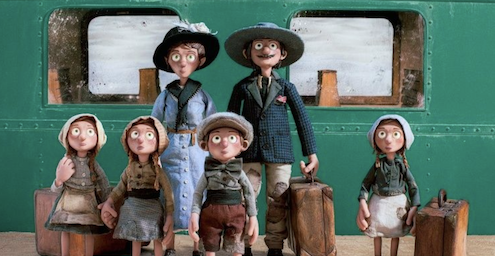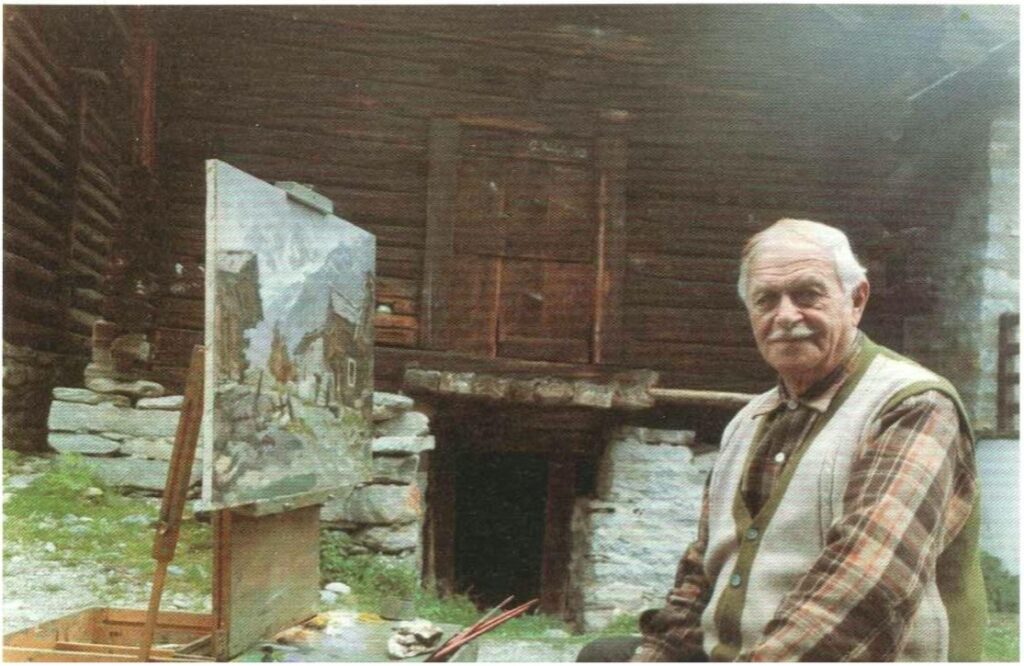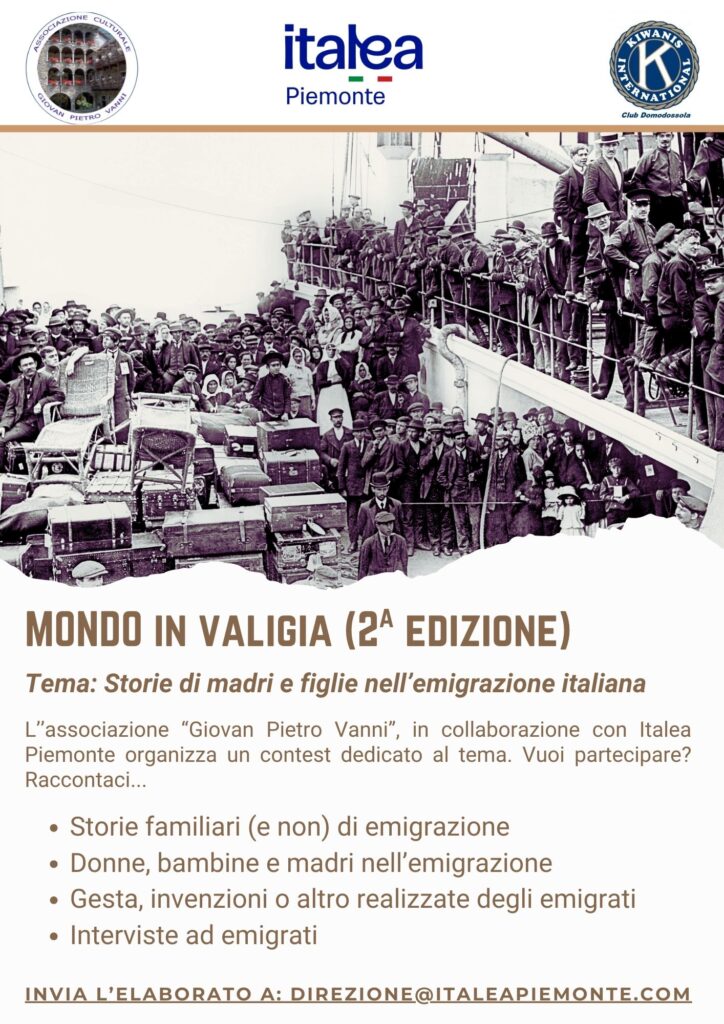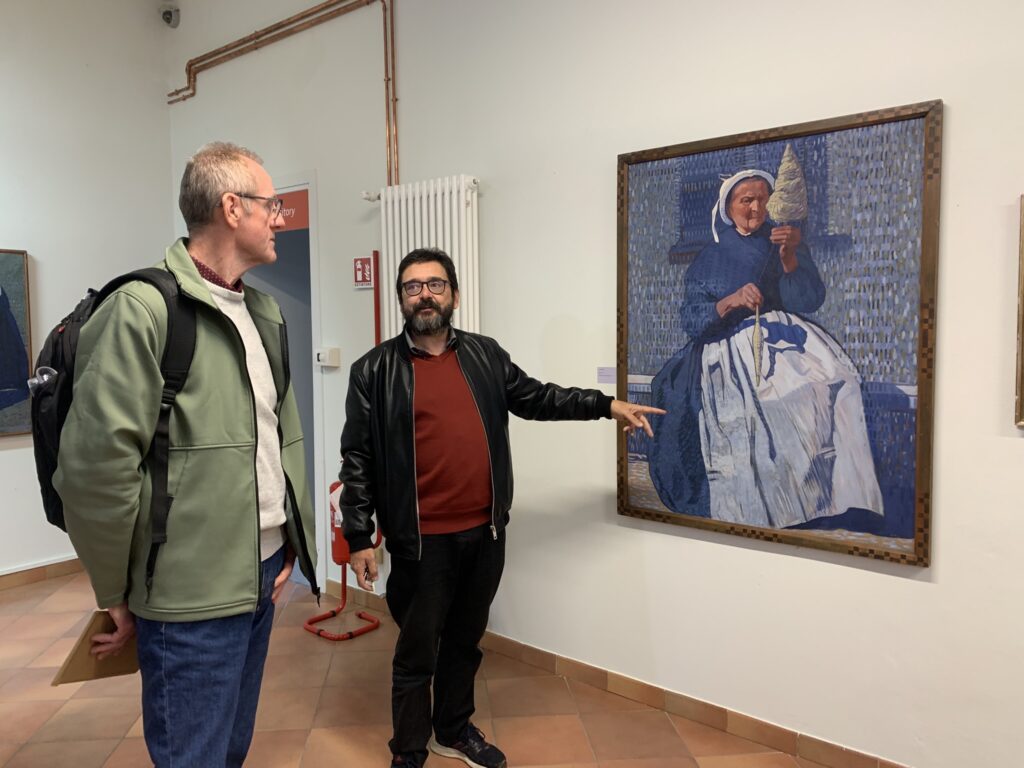There was a time, not too long ago, when we were the ones who emigrated. A time when cardboard suitcases were full of hope and fatigue, and looks full of nostalgia for a land, Piedmont, as loved as it is hard. This is the story that director Alain Ughetto wanted to tell in his award-winning stop-motion animated film, “Manodopera”, a touching and necessary work that digs into the roots of his family to talk to us about emigration, identity and memory.
The original French title, “Interdit aux chiens et aux Italiens” (Forbidden to dogs and Italians), is a punch in the stomach. It is not fiction, but the harsh reality of signs that welcomed our compatriots in France, Switzerland and Belgium. As Ughetto himself says, this phrase is the symbol of an era, a snapshot of racism and humiliation suffered by those who left their homes in search of a future. Seeing that writing, and imagining the fortitude of his grandparents in the face of such contempt, was one of the springs that pushed the director to make this film.
The story of “Manodopera” is the story of the Ughetto family, originally from Ughettera, “the land of the Ughettos”, Borgata Ughettera, a hamlet of Giaveno, in Piedmont. Driven by poverty, the director’s grandparents, Luigi and Cesira, cross the Alps to look for work in France. The film, with its artisanal and poetic aesthetics, shows us the hardness of the work, the sacrifices, but also the love, resilience and solidarity of a community that was trying to rebuild its life in a foreign and often hostile land.
The importance of Roots in a world that forgets
Alain Ughetto’s is not just a personal tribute, but a universal invitation not to forget. “I made this film for myself, for my children and for the new generations,” said the director. Knowing our origins is essential to understand who we are. Ughetto’s journey backwards, to discover the land of his ancestors, is a path that Italea Piemonte knows well: a bridge between past and present, a red thread that binds generations of Piedmontese people around the world.
The film forces us to look at our past as emigrants with new eyes. At a time when migration flows are at the center of public debate, “Manpower” reminds us that history repeats itself. The difficulties, mistrust and racism that our grandparents faced are not so different from those experienced by today’s migrants. Ughetto himself emphasizes this parallelism, stating that “unfortunately, migrants are not welcomed as they should be neither in Italy nor in France, anywhere.”
Rediscovering these stories, such as the one masterfully told in “Manpower”, is not a simple exercise in memory. It is a tool to decipher the present, to cultivate empathy and to remind us that we are all part of a great history of movements, encounters and exchanges. It is a powerful reminder that teaches us the value of hospitality and the importance of never forgetting where we started from. To never hang again, neither in a bar nor in our hearts, a sign that says “no entry”.




